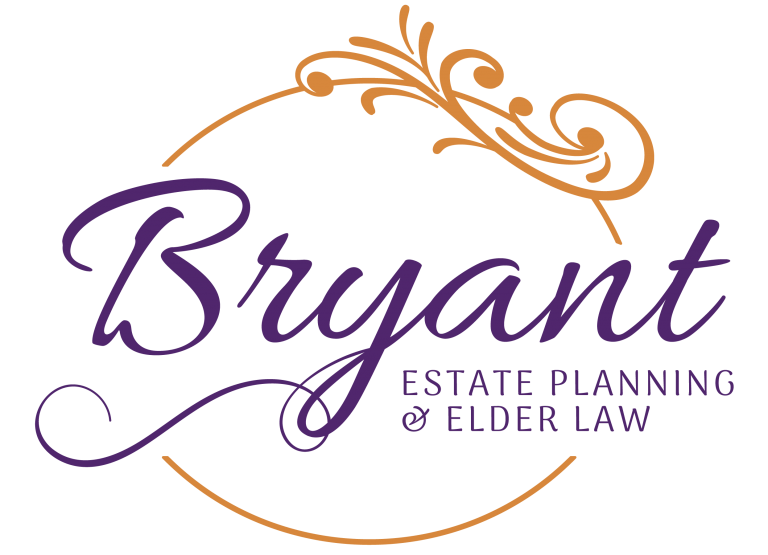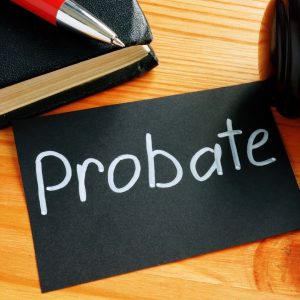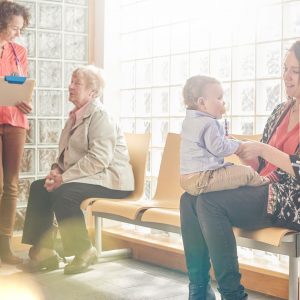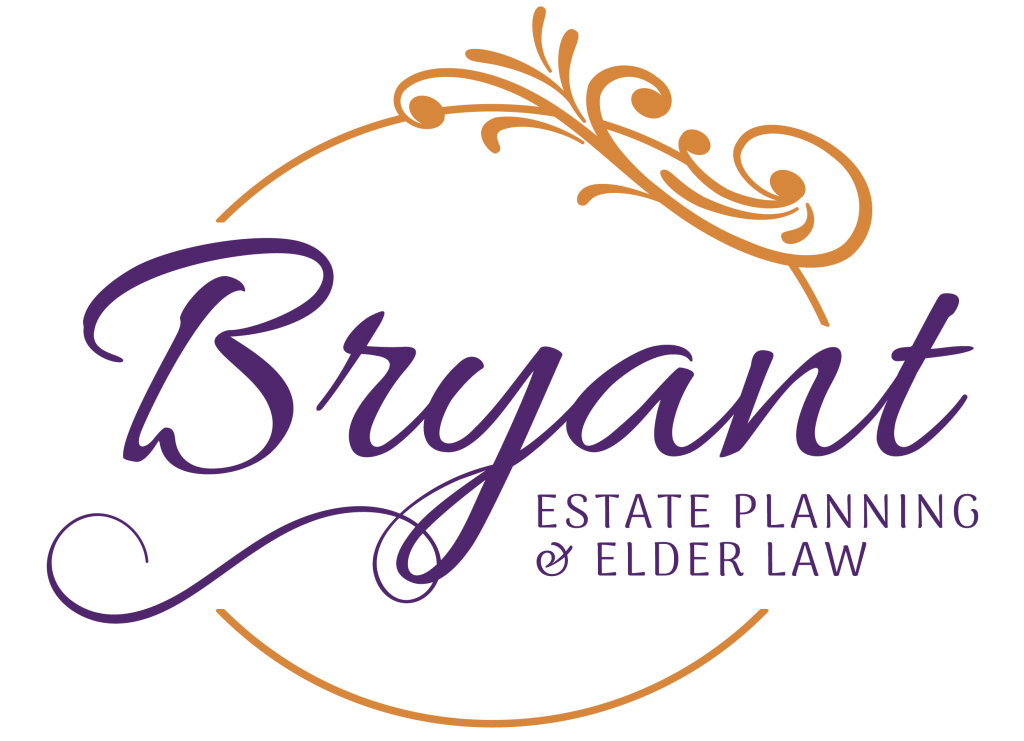Recently, United States Senator Sherrod Brown and 11 additional Senators urged the Department of Health and Human Services and the Centers for Medicare and Medicaid Services (CMS) to take action in support of nursing home residents across the U.S. Reports have indicated that nursing homes throughout the country have discharged or evicted about 6,400 residents who needed assistance and care since the COVID-19 pandemic started. This leaves thousands of the nation’s most vulnerable citizens to the coronavirus even more susceptible and without the medical diagnostics and treatment they need should they fall ill. It’s hard enough learning how to stay fit during a pandemic when someone has good health, but for those that are vulnerable, it’s much more difficult.
In one case, an 88-year-old nursing home resident in Los Angeles was taken from his nursing home to a boarding house without any notification to family members. Less than one day later, the man – who has dementia – was found on the street by LA police officers.
Why did his nursing home evict him when he clearly needed care? Employees from his facility confirmed a disturbing trend that spans across the country – facilities are discharging residents that bring nursing homes fewer profits to make room for more profitable residents, which include elderly patients who have COVID-19.
Seeking Profits
Watchdogs and advocates in 16 different states have claimed that nursing homes are involuntarily discharging residents in need of care, leaving them in cheap (and unsanitary) motels, homeless shelters, and other unsafe locations with no supervision. Advocates state that this conduct violates requirements to ensure the safety of discharged residents and give them time prior to discharge to make other arrangements.
Why are facilities doing this? Patients who rely on Medicaid for their nursing home costs provide less money for facilities than those who pay through private insurance or Medicare. Specifically, during the pandemic, COVID-19 patients with Medicare coverage provide about $600 more per day for nursing homes than others. This had led facilities to kick out current Medicaid residents to make space for those with COVID-19 who have Medicare.
The pandemic has also restricted visitors and other family interactions of nursing home residents, which has made it easier for misconduct to occur in these facilities. Now, older adults with health issues or disabilities – who are highly vulnerable to COVID-19 – are without the daily care they need or the extended treatment options they would need if they do contract coronavirus.
Do Evicted Residents Have any Options?
Many nursing home residents and their families wonder whether they can take any legal action after an eviction with the help of Illinois nursing home abuse attorneys. The answer, as is often the case in legal matters, cannot be a definite yes or no. Nursing homes can evict residents who are unable to pay for care or have sufficiently recovered, provided they comply with federal and state regulations. For example, under federal law, nursing homes must give residents at least 30 days’ notice and place them in a safe location prior to eviction. If residents can show that their eviction was improper or that the facility was otherwise negligent, they may be able to file a claim for any losses they have sustained.
To discuss this and to speak with a qualified elder law attorney, contact our offices today.




